12 Brain-Fog Busting Foods: A Diet Plan for Clearer Thinking
Occasional forgetfulness. That word stuck on the tip of your tongue. A cloudy sense of distraction that makes even simple tasks feel a little harder than they should. If you're nodding along, you're far from alone—and these moments of “brain fog” can add up, especially as life gets busier and responsibilities grow. The uplifting news? What you put on your plate can gently nudge your mind back toward clarity and focus, no matter your age or how long you've been feeling in a haze. Science now shows that certain foods go beyond basic nutrition, actually supporting the brain’s natural ability to power through sluggishness, distraction, and even memory lapses. While there’s no magic bullet (and nobody expects perfection every day), adding a few “brain-fog-busting” foods to your routine offers a warm, encouraging way to take care of yourself—one snack or meal at a time. In this guide, you’ll discover practical favorites: foods packed with key vitamins, amazing fats, and powerful plant compounds, all spotlighted by researchers for their real impact on mental energy. Every suggestion comes with an easy tip for fitting it into daily life—because nourishing your mind shouldn’t be one more thing to stress about. Ready to brighten your outlook, sharpen recall, and enjoy more vibrant mental energy? Let’s explore twelve supportive, science-backed foods that can become reliable companions on your journey to greater clarity—one delicious bite at a time.
1. Leafy Greens: Nutrients for Focus

Leafy green vegetables aren’t just a salad staple—they’re a powerhouse for protecting and nurturing your brain. Spinach, kale, collard greens, and similar vegetables pack impressive doses of vitamin K, lutein, folate, and beta carotene. These nutrients work in harmony to support the brain's cellular repair and memory processes, giving you a stronger foundation for mental clarity. Research from Rush University found that adults who incorporated just one to two servings of leafy greens each day scored higher on memory tests and even appeared to have brain ages up to eleven years “younger” than those who skipped their greens. You don’t have to love a green smoothie to enjoy the benefits (though adding a handful of spinach to your favorite blend is a gentle way to start). Toss chopped kale into pasta or grain bowls, or use mixed greens as the base for savory wraps and sandwiches. Pair with a squeeze of lemon or a sprinkle of seeds for even more flavor and nutrition. Let these greens be a quiet, reliable friend building up your focus in the background—one delicious forkful at a time.
2. Oily Fish: Omega-3s for Mental Clarity

Salmon, sardines, and mackerel deliver something your brain craves: omega-3 fatty acids. These special fats, especially DHA, are integral to the structure and function of brain cells, nurturing memory circuits and sharpening your ability to process information. Studies highlight that adults who eat oily fish twice a week experience a measurable reduction in the risk of age-related memory decline—up to 20% lower, according to Harvard Health. Not a seafood chef? No problem. Convenient options like pre-cooked salmon fillets, canned sardines, or pouches of mackerel make it simple to add these brain-boosters to your lunches and dinners. Stir them into a leafy salad, spread on whole-grain toast with lemon and herbs, or serve over brown rice for a satisfying meal. Start small and savor the gentle, sustainable energy lift that comes from making oily fish a regular part of your diet.
3. Berries: Antioxidants for Better Recall
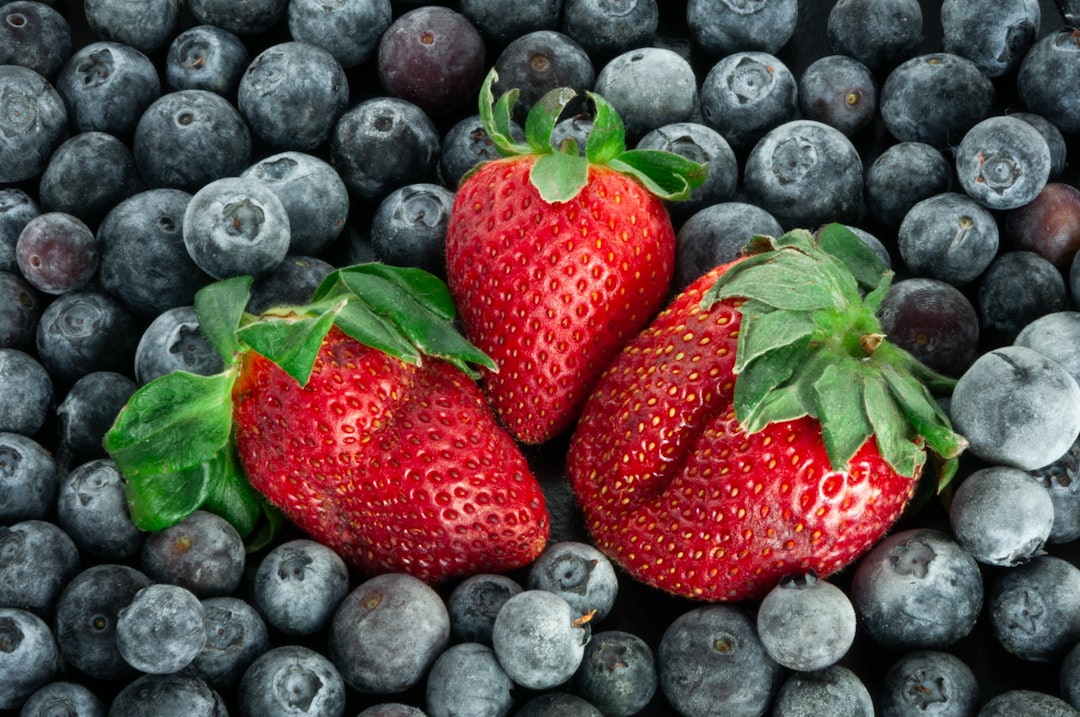
Blueberries, strawberries, and even blackberries do more than satisfy a sweet craving—they’re loaded with powerful plant compounds called flavonoids. These antioxidants aren’t just for fighting off illness; they actually support better communication between brain cells, helping memory and learning take root. Research shows that enjoying berries regularly, even one serving a day, can lead to improved mental performance and faster recall. The beauty of berries is their versatility. Try tossing a handful into your morning oatmeal or yogurt, blending them into a smoothie, or enjoying them straight from the freezer—nutrients are preserved, so don’t worry if fresh isn’t always practical. Their vibrant hues are a visible reminder that fueling your brain can be as simple and pleasurable as a handful of berries with breakfast or as a midday snack.
4. Walnuts & Other Nuts: Snack for Sharper Memory
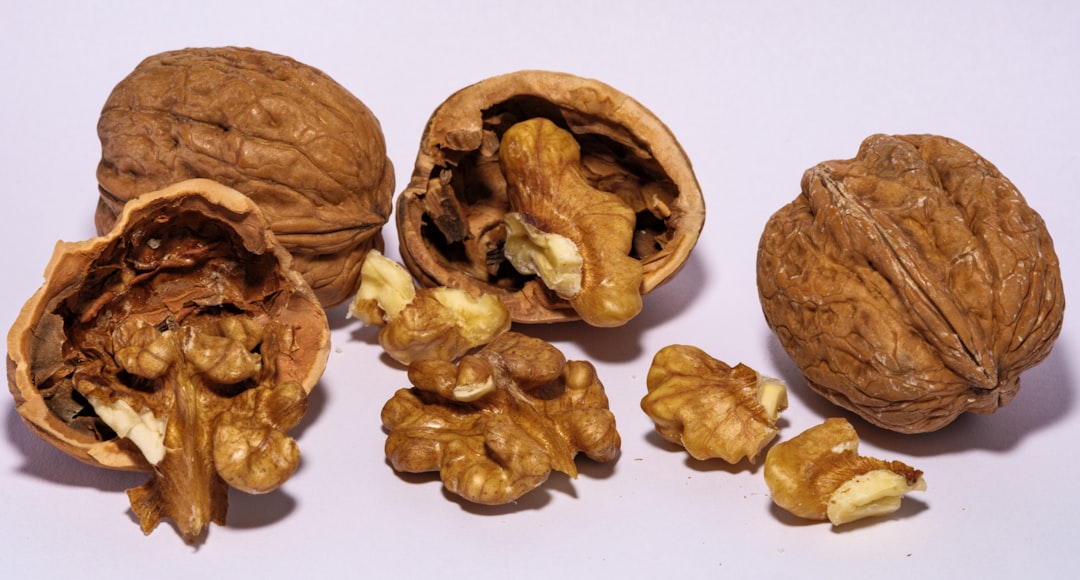
Walnuts often lead the nut pack when it comes to brain health, but almonds, hazelnuts, and pecans bring plenty to the table as well. These crunchy snacks contain a blend of omega-3 ALA (a healthy plant-based fat) and polyphenols, both of which work to reduce inflammation and promote brain cell repair. UCLA research showed that older adults who ate a handful of nuts each day enjoyed significant gains in cognitive scores—sometimes as much as a 60% improvement over several years. The best part? Nuts fit seamlessly into busy routines. Keep a jar of mixed nuts within reach for an easy snack on the go, or chop a few walnuts to add crunch to a salad or oatmeal bowl. If nut allergies are a concern, seeds like sunflower or pepitas offer similar brain-nourishing fats and micronutrients. With each handful, you’ll be practicing self-care that strengthens memory and supports sharper thought—no drastic changes required.
5. Eggs: Choline for Clearer Signals
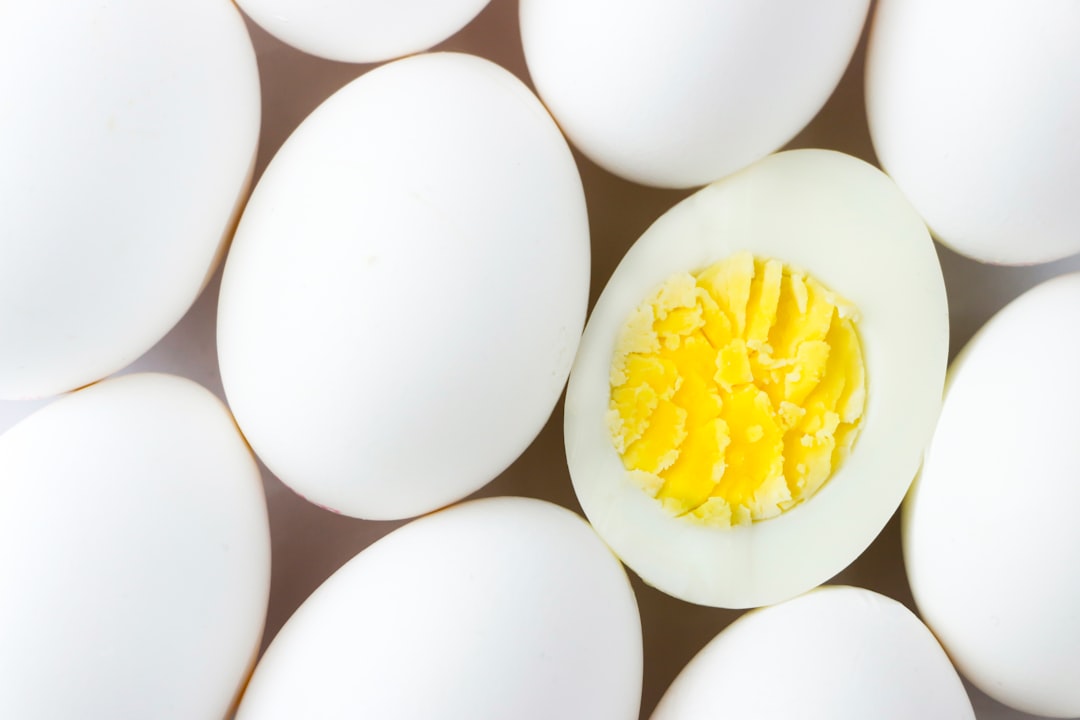
Eggs are often called nature’s multivitamin—and for good reason. One of their standout nutrients, choline, plays a starring role in building neurotransmitters: those tiny chemical messengers that allow your brain cells to communicate efficiently. When choline intake is low, researchers have noticed a higher tendency toward “foggy” thinking and concentration issues. Fitting more eggs into your week doesn’t mean scrambling every day. Try prepping a batch of hard-boiled eggs for a grab-and-go breakfast or afternoon snack, or slice a poached egg over avocado toast. If you’re avoiding animal products, certain plant foods like soybeans and quinoa contain smaller amounts of choline, though eggs remain the most concentrated source. Whatever your routine, treating eggs as a brain-supporting ally can help keep your thoughts running smoothly—one sunny yolk at a time.
6. Avocado: Healthy Fats for Alertness
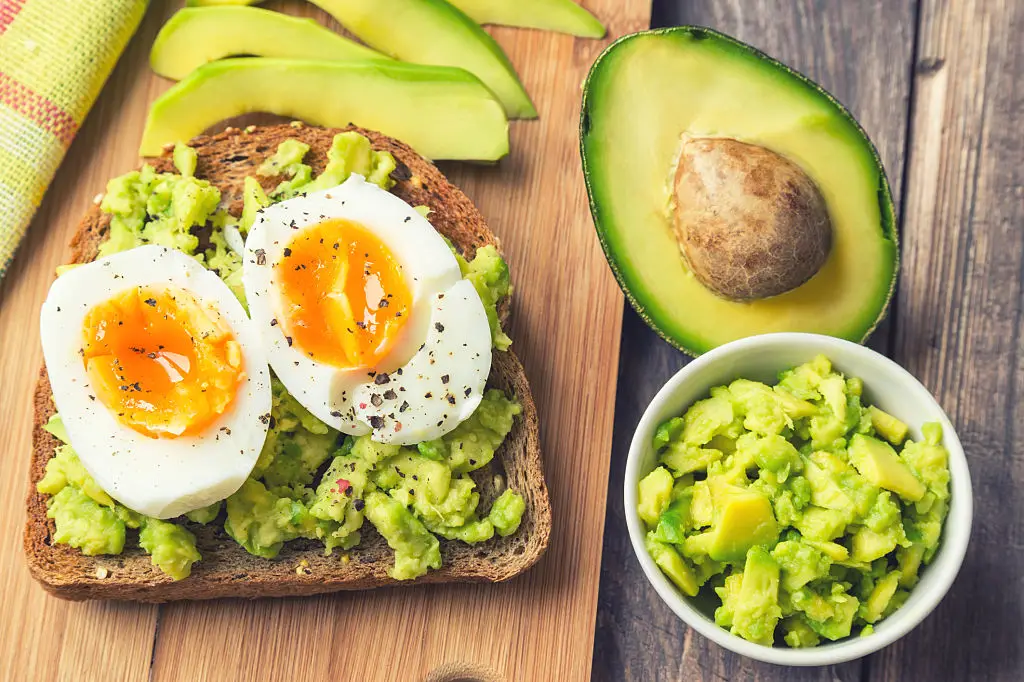
Avocado isn’t just a trendy toast topping—it’s packed with the kind of healthy fats your brain loves. Monounsaturated fats help promote consistent blood flow, keeping your mental energy steady and boosting your overall sense of alertness. Registered dietitians suggest that even adding a quarter to half an avocado daily can contribute to stronger focus and sustained clarity. Avocado’s creamy texture makes it easy to mix into salads, smooth over whole-grain toast, or blend into a savory dip. Worried about ripeness windows? Sliced or mashed avocado freezes surprisingly well, so you can always have some on hand for quick meals. Each buttery bite is a soft reminder that treating yourself well isn’t just delicious—it’s smart self-care for your sharpest, brightest thinking.
7. Whole Grains: Steady Energy for Focus
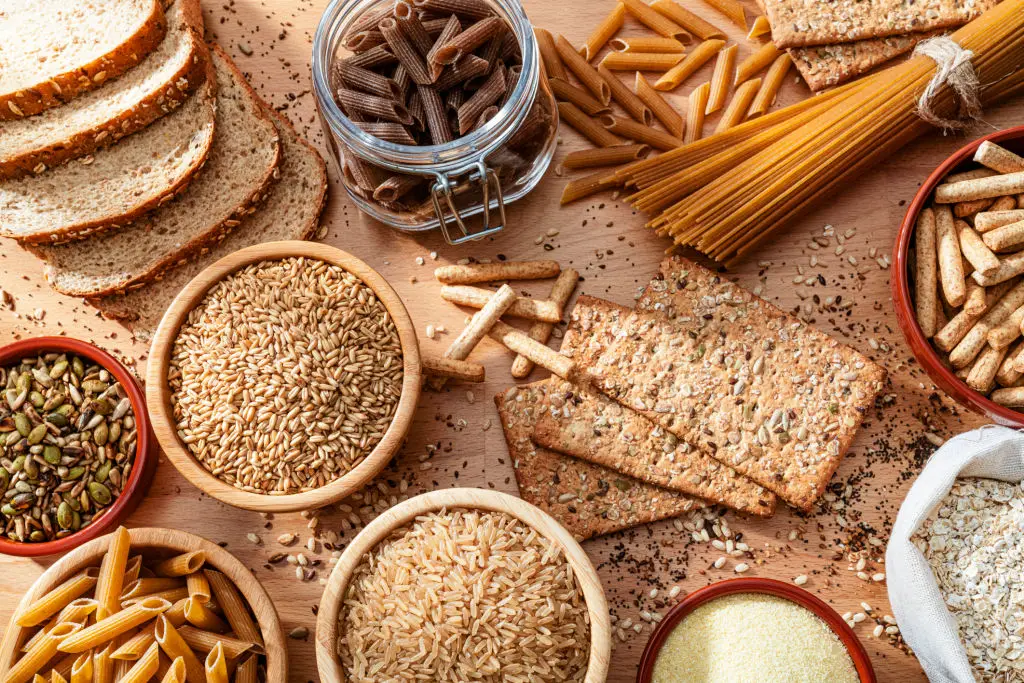
The brain thrives on a steady supply of glucose, delivered gradually—not in a rush and not running low. That’s where whole grains like oats, brown rice, quinoa, and barley truly shine. Unlike refined grains that can lead to energy crashes, these slow-release carbohydrates provide the kind of fuel that keeps focus and mood stable, especially during demanding days. Start simple: A bowl of oatmeal at breakfast or swapping white rice for brown at lunch helps set the stage for sustained concentration. Whole-grain wraps and breads add variety, while grain bowls can be customized with whatever veggies and proteins you have on hand. Each swap is an act of kindness toward your brain, giving it the fuel it needs to stay alert and tuned-in all day long.
8. Broccoli & Crucifers: Antioxidant Resilience
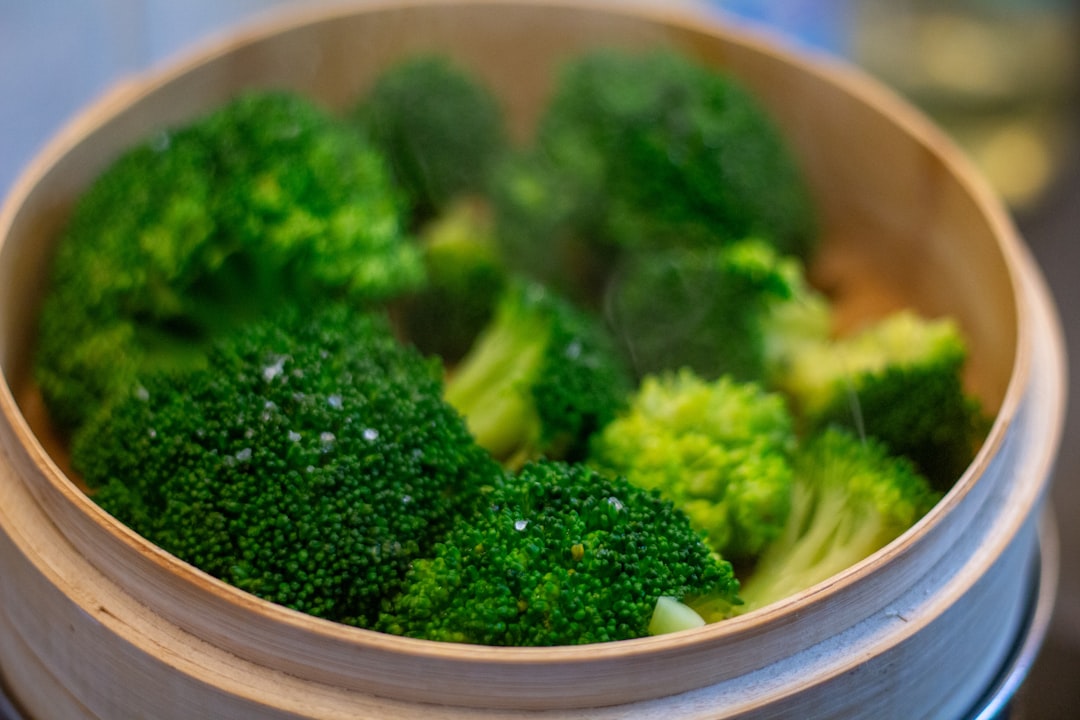
Broccoli, cauliflower, and Brussels sprouts belong to a family of vegetables known for their unique antioxidant blend and abundant vitamin C—a nutrient that supports mental resilience in the face of fatigue and stress. These vegetables help buffer the damaging effects of everyday oxidative stress, making it easier for your brain to stay “on” even during busy periods. Steaming is one of the best ways to prepare cruciferous vegetables if you want to lock in nutrients. Toss steamed broccoli into salads, stir-fry cauliflower with spices, or simply snack on raw florets with a tangy dip. If their flavor isn’t your favorite, blend them into a creamy soup or pasta sauce. However you enjoy them, these veggies offer the kind of citrus-bright boost your brain will thank you for in both the short and long term.
9. Pumpkin Seeds: Micronutrients for Mental Agility
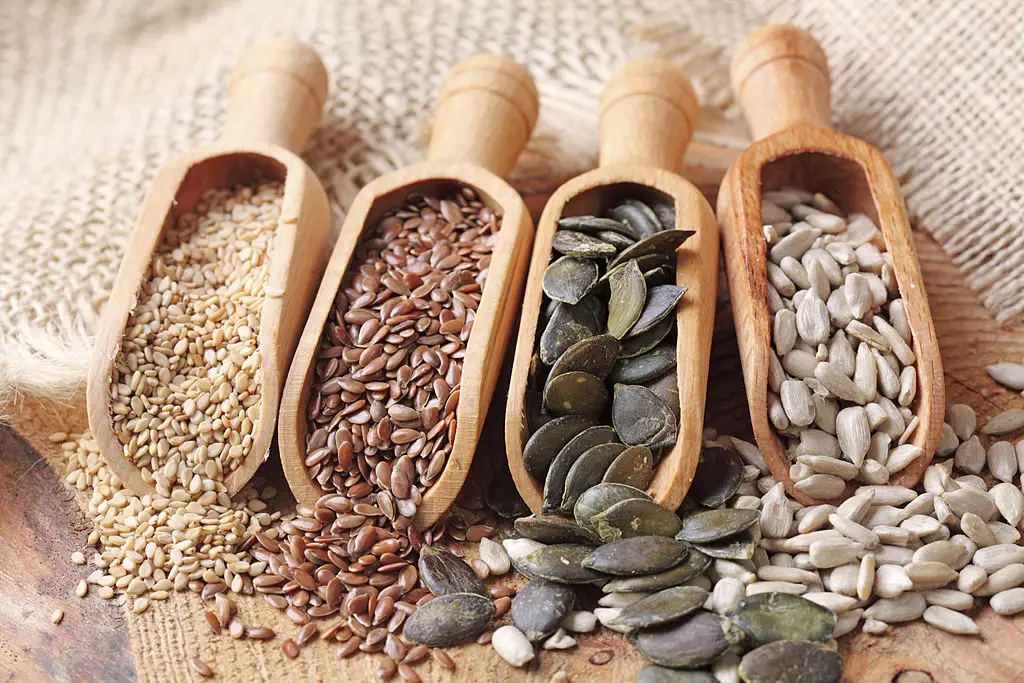
Small but seriously powerful, pumpkin seeds deliver a trio of minerals—magnesium, iron, and zinc—which are critical for memory, concentration, and all sorts of brain functions. Many adults in the US don’t get enough of these micronutrients, and brain fog can be one subtle sign of deficiency. Regularly snacking on pumpkin seeds or incorporating them into meals is an easy fix. Try sprinkling a handful of pumpkin seeds over yogurt, salads, or oatmeal, or blending them into homemade trail mix with nuts and dried fruit. Their delicate crunch and mild, nutty flavor make them a versatile kitchen staple. Keeping a small container at your desk or in your bag brings a nourishing solution within reach when your thinking starts to feel sluggish—one seed, one snack at a time.
10. Dark Chocolate: Flavanols for Brain Circulation

Yes, a little chocolate can be good for your brain. Dark chocolate, especially varieties with at least 70% cocoa, contains high levels of flavanols—plant compounds that encourage better blood flow to the brain and may even lift mood. Research suggests that just one or two small squares a day can bring measurable benefits, helping you stay focused and energized. Choose quality over quantity: Savor a dark chocolate square after a meal or melt a piece into your morning coffee for a treat that feels both uplifting and deeply satisfying. If you’re sensitive to caffeine, enjoy chocolate early in the day. With its intense, bittersweet flavor, dark chocolate can transform a moment of self-care into a delicious brain-brightening ritual.
11. Turmeric: Curcumin to Calm the Fog
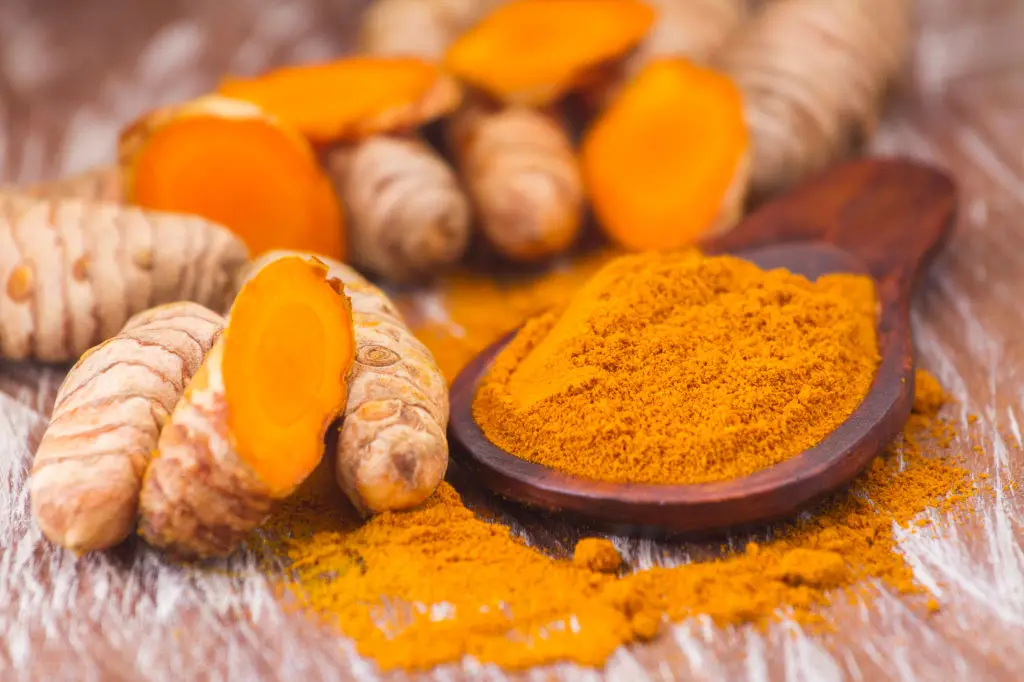
Turmeric has gained attention for good reason. Its main active compound, curcumin, is celebrated for calming inflammation—a driver behind many chronic health issues, including feelings of brain fog. While research is still growing, adding turmeric to your diet may help support clearer, calmer thinking. For the strongest effect, pair turmeric with black pepper, which helps your body absorb the curcumin. Sprinkle turmeric powder onto roasted vegetables, blend into curries, or add a pinch to soups and teas. If you’re new to its slightly earthy flavor, start with a dash and build from there. Let this golden spice serve as a gentle signal to your system—it's time to take care of your mind as well as your body.
12. Fermented Foods: Gut-Brain Calm
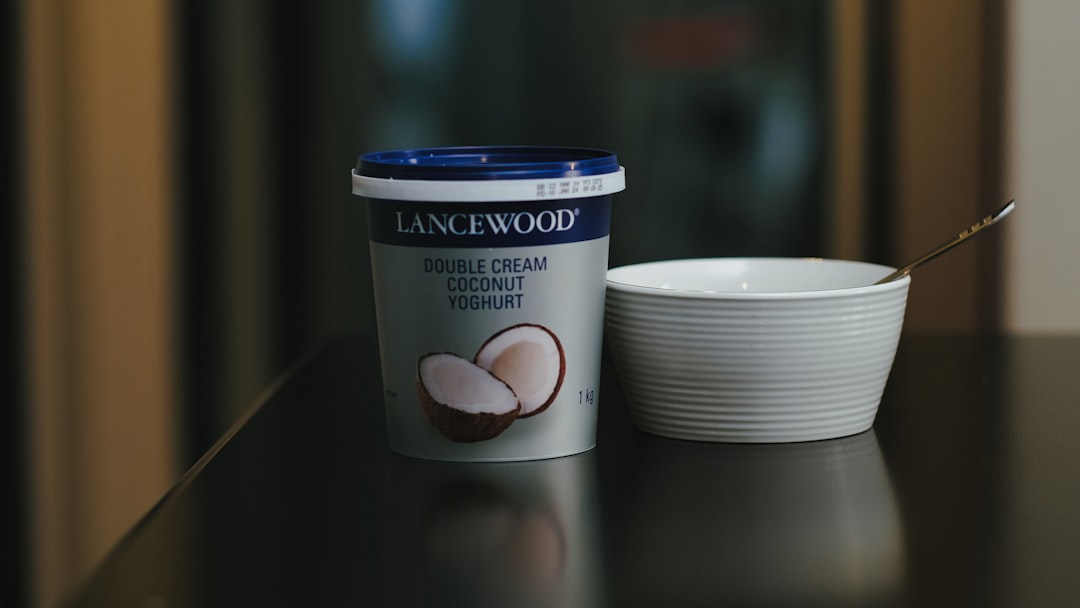
A clear mind often begins in the gut, and fermented foods are key allies in creating that connection. Yogurt, kimchi, sauerkraut, and kefir contain natural probiotics that feed the beneficial bacteria supporting communication along the gut-brain axis. Studies suggest that a healthy intestinal environment may reduce inflammation, stabilize mood, and ease those foggy thinking spells. To gain the most benefit, opt for lower-sugar yogurt with live cultures or add a spoonful of kimchi or sauerkraut to salads, grain bowls, or sandwiches. If fermented foods are new to your kitchen, start small and allow your body to adjust. Treat these tangy foods as nourishing, everyday partners—gently guiding both your digestion and your mind toward healthier, clearer days.
Embracing a Brighter, Clearer You

Choosing foods that support your brain doesn’t have to be intimidating or perfect. Every serving of leafy greens, every nutty snack, each colorful berry, and that square of dark chocolate adds up—offering your mind a little more strength and lightness with each passing day. Remember: Mental clarity is shaped by many influences, from sleep and movement to joyful connections and, of course, the foods you choose. This journey is about progress, not perfection. If you swap one meal or add a serving of something new, celebrate that positive shift. Over time, these gentle, science-backed changes can reveal a sense of focus that feels more “like you”—vibrant, present, and energized. Here’s to honoring your inner wisdom, meeting each day with kindness, and fueling a brighter, clearer future from the inside out.